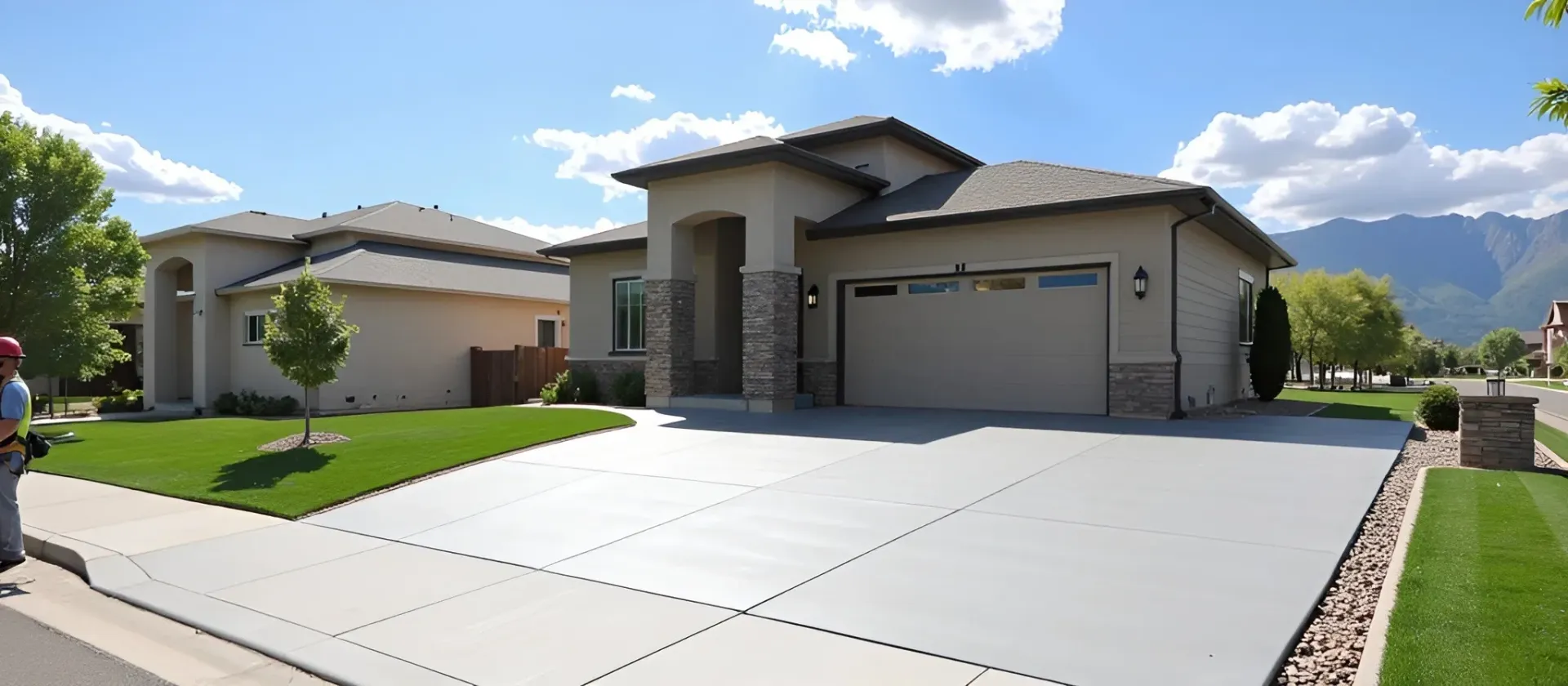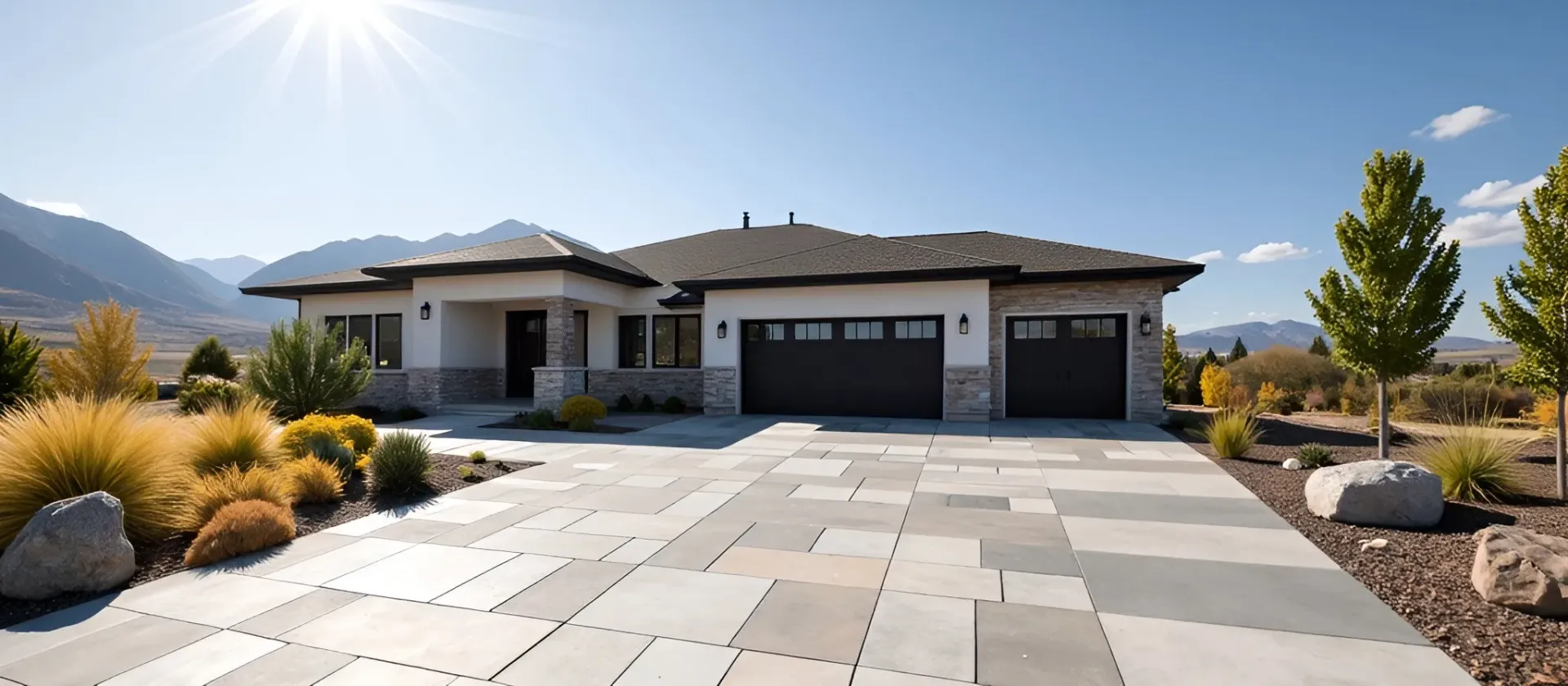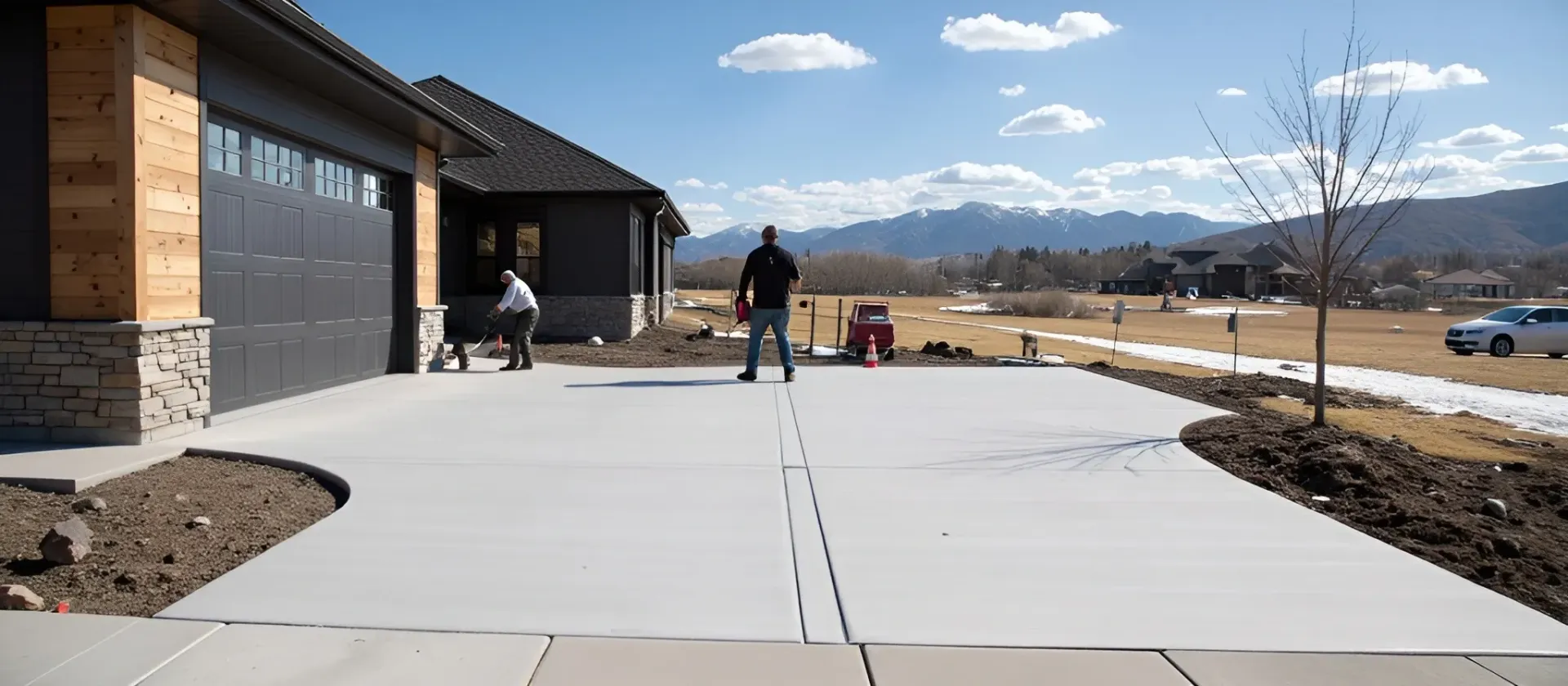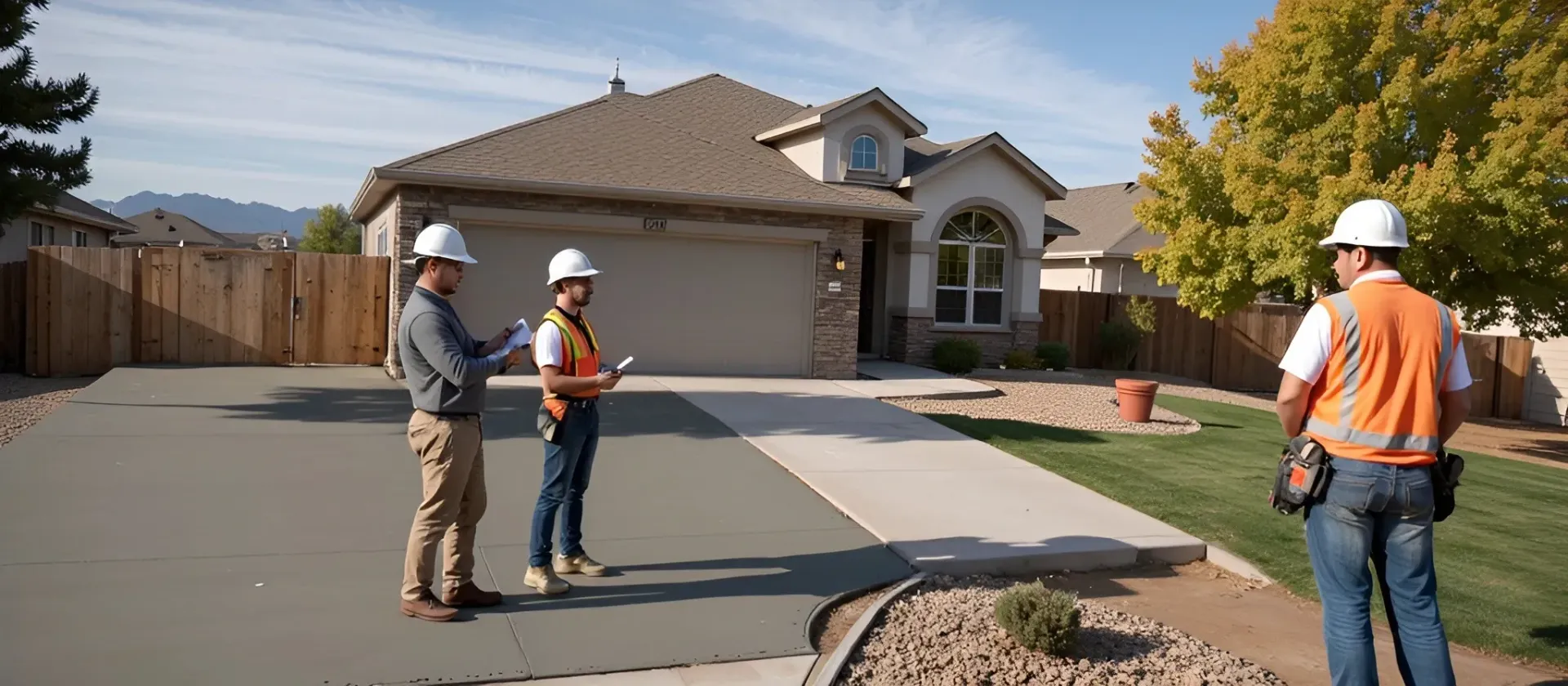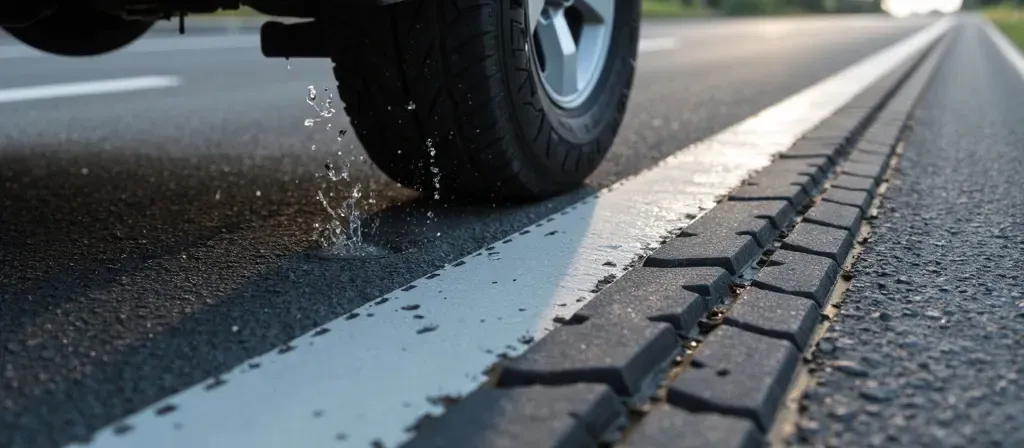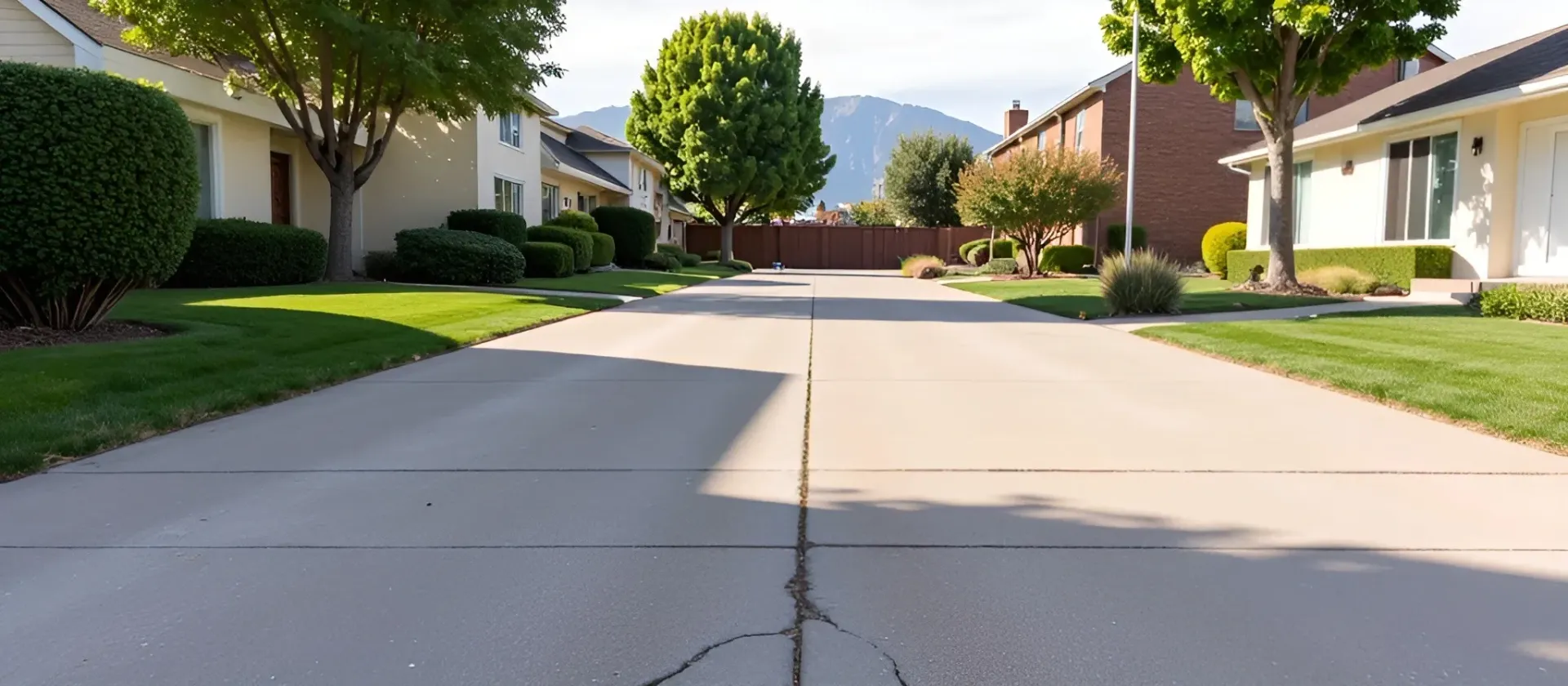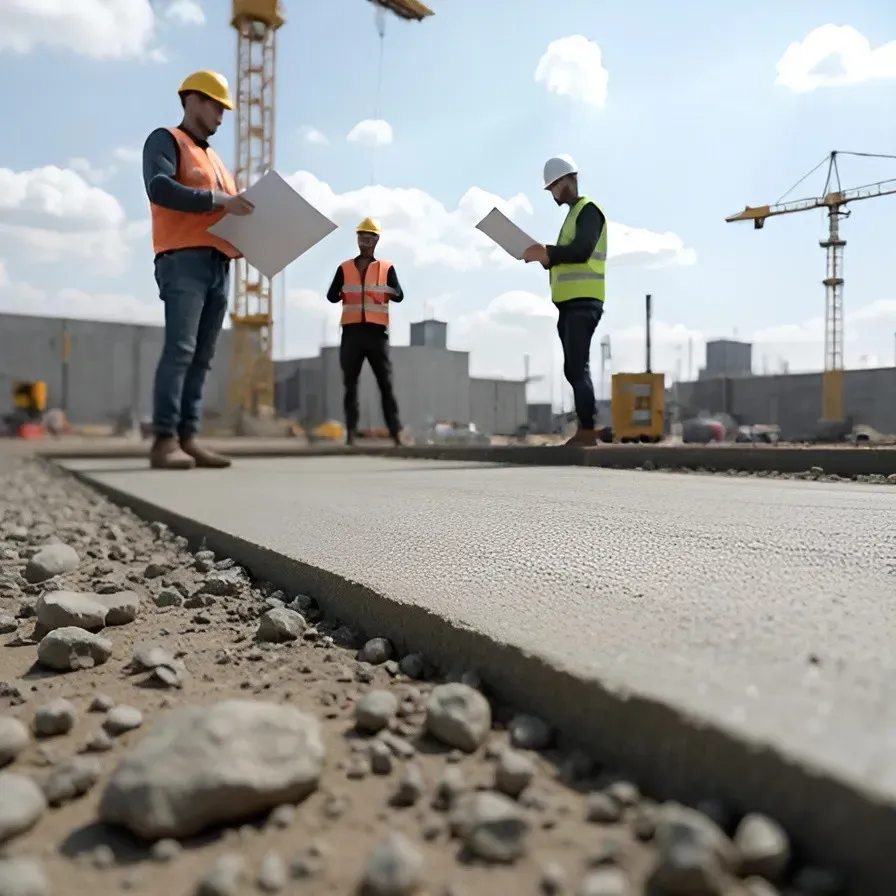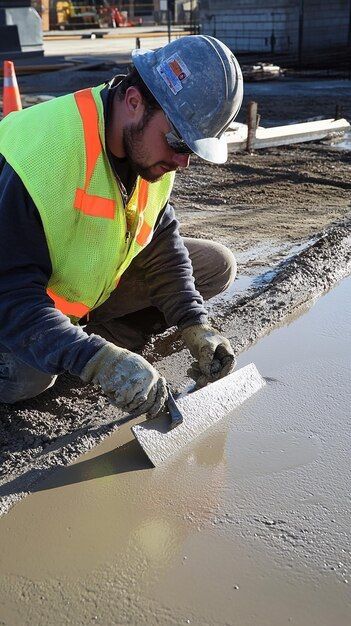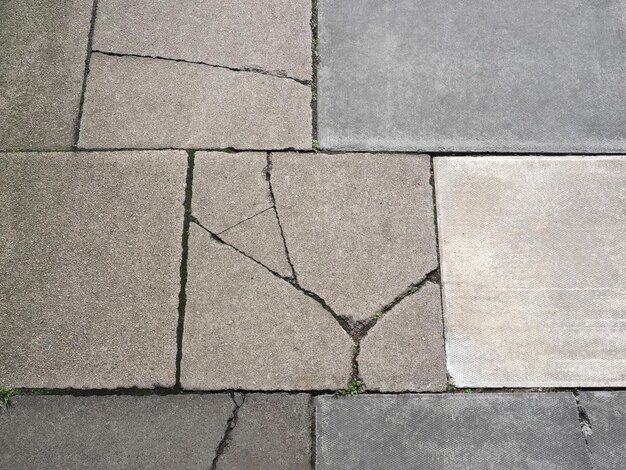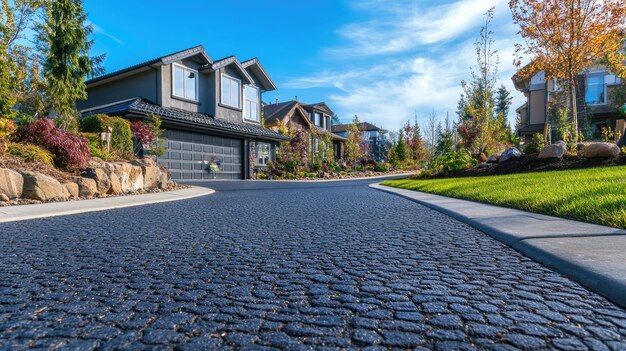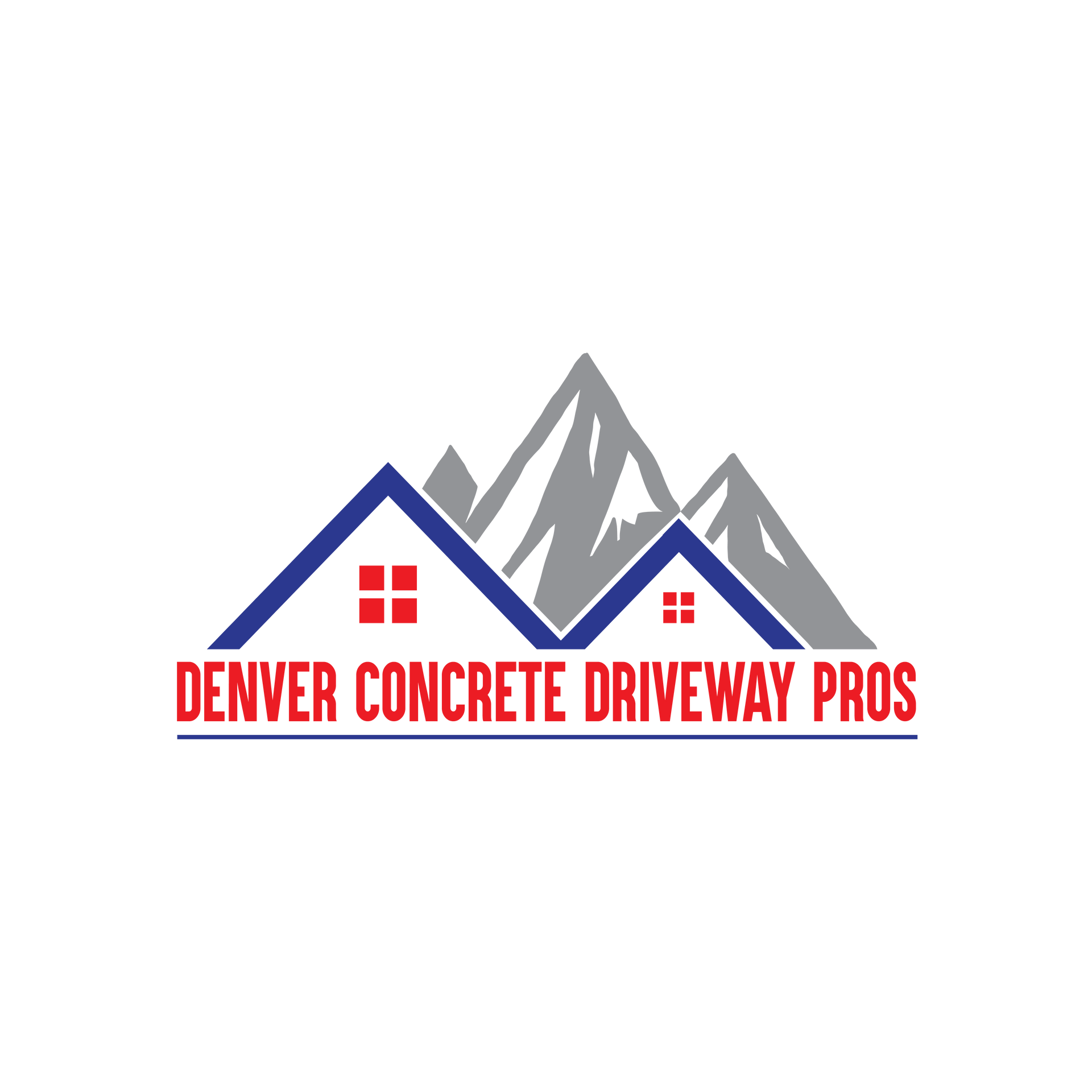Lay a Concrete Driveway Like a Pro with Denver Concrete Driveway Pros
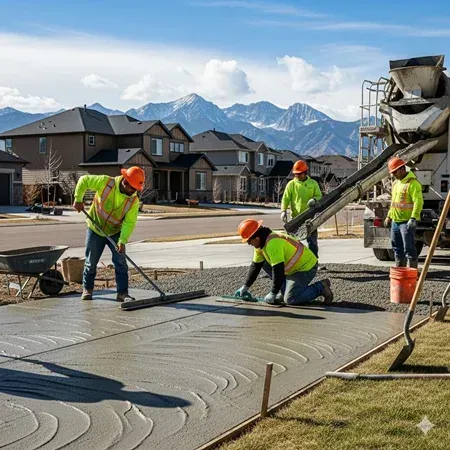
A perfect concrete driveway should look clean, smooth, and solid. But trust me, it’s not as simple as just pouring cement and crossing your fingers. It takes a little know-how and the right touch to make it shine.
The process involves careful planning and precise work. And knowing a few trade secrets to make it last. However, you can tackle this project like a pro and feel confident about the end result. With a bit of guidance from Denver Concrete Driveway Pros.
In this guide, we’ll walk you through every step. So, put on your gloves. And let’s get into what makes a great concrete driveway. Plus, how we can help make it happen.
Why a Good Driveway Matters
Before we begin, let’s understand why a good driveway is so important. And how
pros and cons concrete driveway insights can make all the difference:
- Durability: A solid concrete driveway can handle wear and tear. Even with Denver’s wild weather. Less fixing, more lasting.
- Curb Appeal: A beautiful driveway boosts your home’s look and value. Small touches really make it shine. For example, finishing and edging.
- Save Money: Getting it right the first time means fewer
repairs later. You’ll avoid the common mistakes with expert guidance.
- Eco-Friendly: You will be able to pick eco-friendly materials with our experts' help. They'll be both tough and green.
You’ll get the satisfaction of doing it yourself with a little help. But with a pro’s touch for the best results.
Step-by-Step Guide to Laying Your Concrete Driveway
Let’s dive into how to lay a concrete driveway like a pro. Each step is important. So take your time. And remember, we’re here if you need help!
Step 1: Prepare the Site
A great driveway starts with a strong base. First, mark where your driveway will go. If there’s an old driveway or junk in the way, clear it out. Next, make the ground smooth and level.
This part’s key! Compact the soil well. A solid base means fewer cracks later. Don’t hesitate to reach out, if you’re unsure about leveling. Our experts will help you get that surface perfectly flat!
Step 2: Build a Stable Foundation
Once the area’s ready, it’s time for the base layer. Add a few inches of crushed gravel. Or another sturdy material, for a solid foundation. Make sure to compact it well. So it won’t shift when cars drive over it. A strong base is what makes your driveway last.
Not sure about the best material or depth? We’ll guide you in picking the right base. A base that can handle Denver’s weather and keep your driveway smooth.
Step 3: Set the Forms
Forms are boards that shape your driveway’s edges and hold the concrete in place as it sets. Place the forms along the edges of your driveway area. That secures them well so they won’t move. We suggest using wooden forms. They are easy to work with and provide a clean line for your edges.
One trick we recommend is to slightly slope the forms for drainage. This ensures water flows away from the driveway. That prevents pooling and cracks. Not sure how much slope to add? Contact us for advice. We’ll help you set the right grade to keep your driveway dry and damage-free.
Step 4: Mix and Pour the Concrete
Now comes the core of the project. Mixing and pouring the concrete. Getting the right consistency can be tricky. It needs to be workable yet durable. When mixing, aim for a thick, creamy consistency. It shouldn't be too watery or too dry.
Once it’s mixed, pour the concrete into the forms. Work in manageable sections. Pour evenly. And aim to keep the thickness consistent. Having trouble with the mixing ratio or the pouring technique? Reach out to us. We’ll guide you through the details for a strong and smooth pour.
Step 5: Level and Smooth the Surface
After pouring, use a screed board (a long, straight board) to level the concrete. Slide it across the surface. Make sure the concrete fills all areas evenly. This is crucial for a polished look. It prevents low spots where water can collect. Once leveled, use a float to smooth the surface. This part takes patience. But it’s worth the effort.
A well-floated surface ensures that your driveway is even and professional-looking. If you’d like to perfect this step, Denver Concrete Driveway Pros can help. We also give you tips on the best tools and techniques for a seamless finish.
Step 6: Add the Finishing Touches
For a polished look, consider adding texture to the surface before it sets. For example, a broom finish gives a subtle texture that helps with traction. Or, try a stamped finish for a more decorative touch. That can mimic brick or stone.
We’re happy to walk you through various finishing options. So you end up with a driveway that’s as unique as your home. Once you choose, you’ll feel the pride of having a driveway that truly reflects your style.
Step 7: Let It Cure
Concrete needs time to cure. A step you can’t rush. Avoid walking or driving on it during this phase. As it can lead to dents or weaken the structure. Typically, concrete takes about a week to reach initial strength. But it’s best to let it cure fully over a few weeks.
Denver Concrete Driveway Pros can give you detailed advice on the curing process. We’ll guide you on how long to wait. And what precautions to take for the best outcome. Trust us, a little patience now will make your driveway stronger for years.
Why Partner with Denver Concrete Driveway Pros?
Building your own driveway can feel great. But having pros by your side makes it even better. With Denver Concrete Driveway Pros, you get expert help from people who know Denver’s weather and soil.
We’re here for every step. Need help picking materials? Tips on leveling? Advice on finishing touches? We are here to help. Our goal is to make sure you feel confident and supported through the whole project. Message us today!
